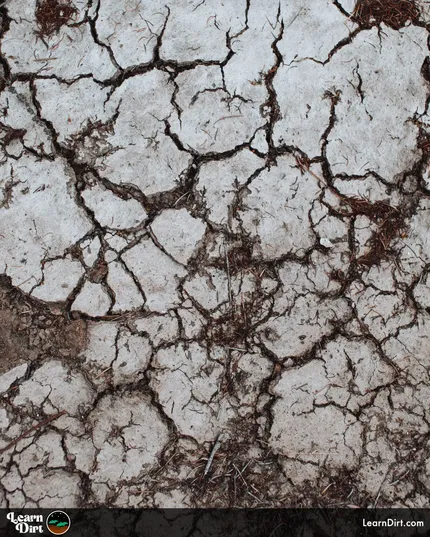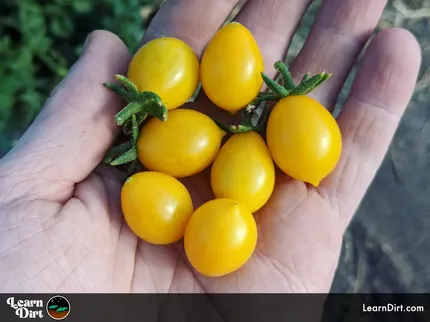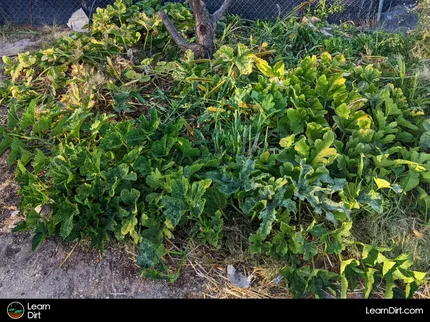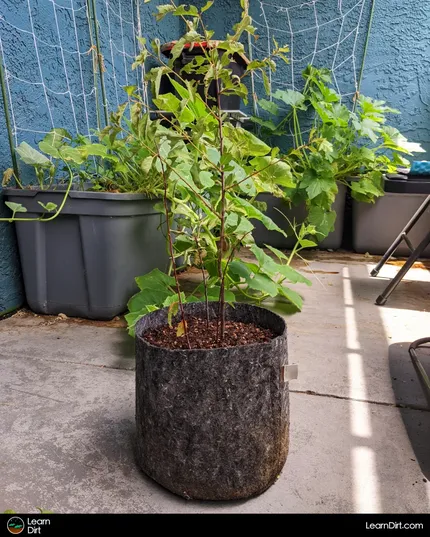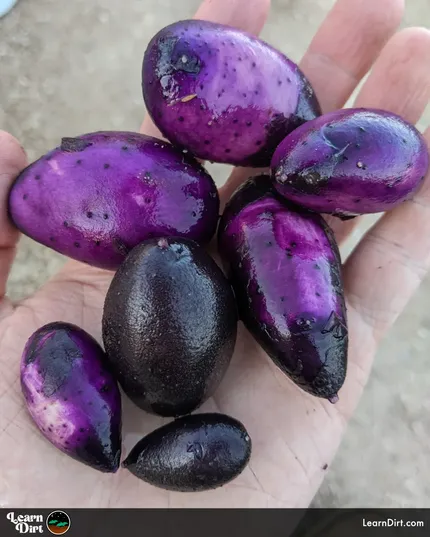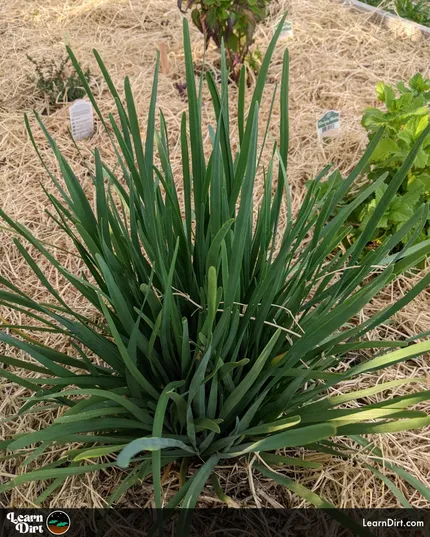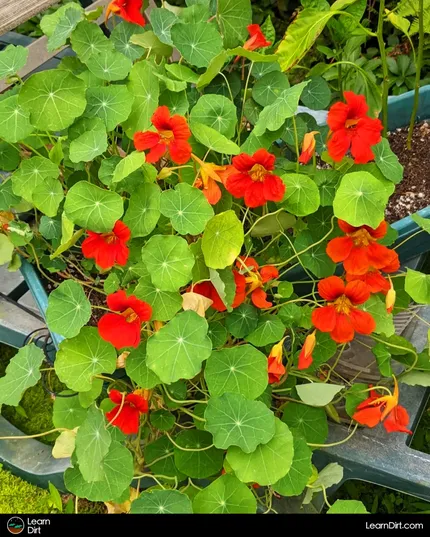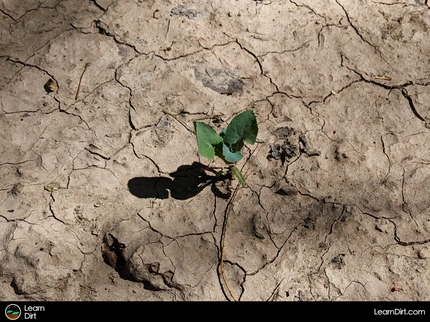Table of Contents
* Our articles never contain AI-generated slop *
Natural gardening is the adaptation of Natural Farming, scaled down for home-growers to utilize.
If you're looking for organic gardening instead, head on over to our guide to organic gardening.
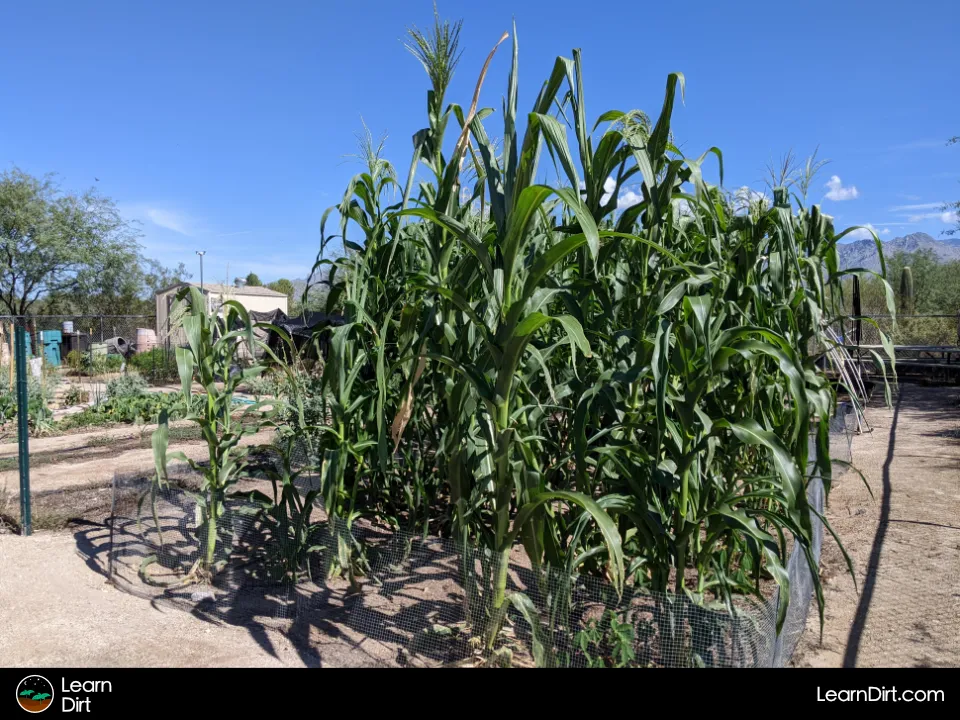
If you currently incorporate elements of Natural Farming in your home garden, then you're practicing natural gardening already.
Disclaimer: This post may contain affiliate links. Refer to the privacy policy for more information.
If you're a gardener who has never heard of Natural Farming, strap yourself in because this mindset and techniques can bring your gardening to a whole 'nother level.
What Is Natural Gardening?
At the crossroads between Natural Farming and the home garden sits Natural Gardening.
By scaling down the techniques introduced by Masanobu Fukuoka, gardeners are able to implement them at smaller scale in their home gardens.
Often referred to as "Do-Nothing Farming", Fukuoka's method stresses zero inputs and minimal intervention. In the garden, that equates to less work and less money spent. If that sounds intriguing to you, stick around and we'll get into the weeds on how you can implement Natural Farming methods in your home garden.
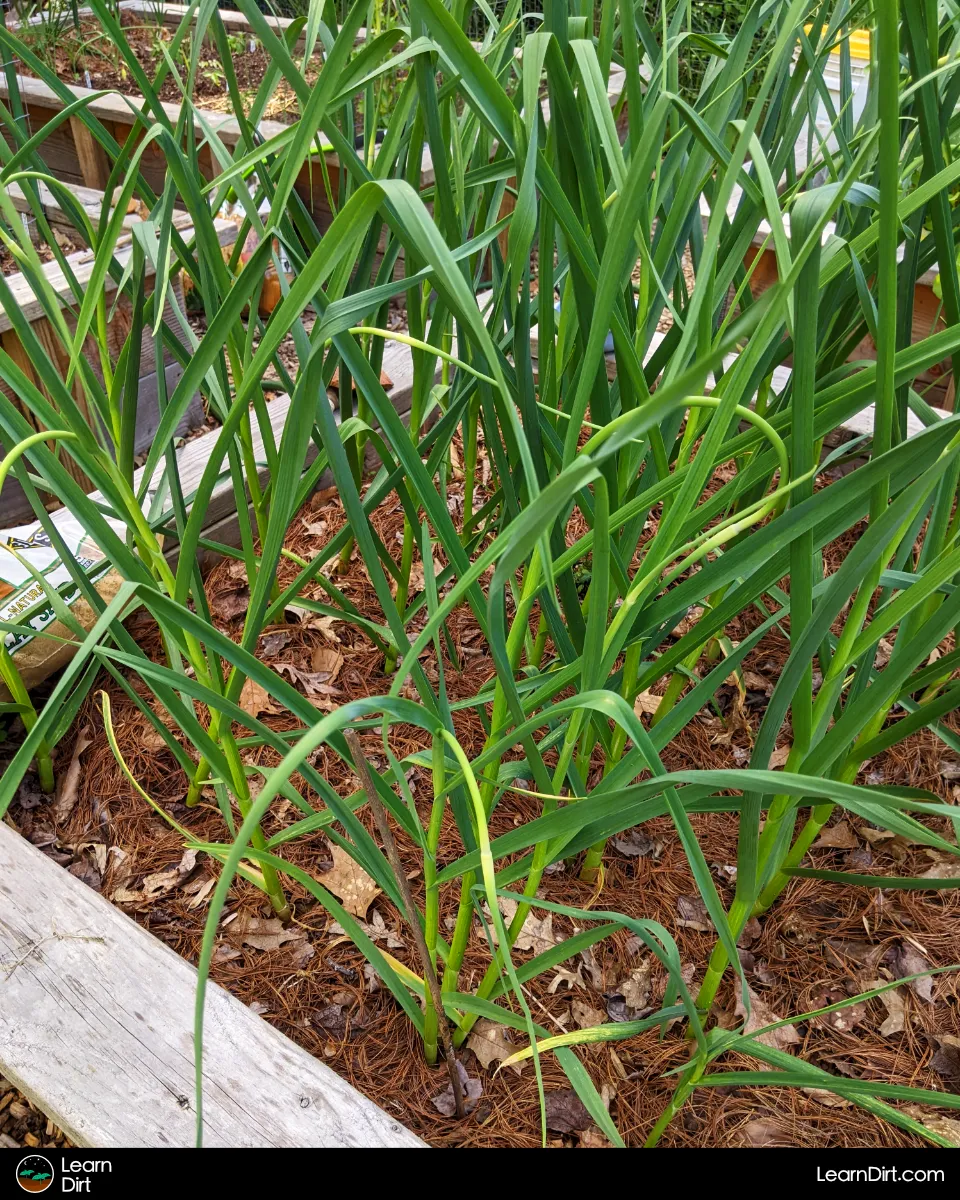
Benefits
Natural gardening has enormous benefits over traditional organic gardening. Let's take a look at some of these:
Reduced Weeding
Most gardeners have a tendency to demonize weeds. They're almost universally seen as something 'bad' which should be removed or killed at all costs.
Join The Grower's Community
Find your people.
Your voice matters here 🌱
Check It Out!
In fact, gardeners often pull 'weeds' without even knowing what they are, their benefits, or why they're growing on their land in the first place.
Unfortunately this is not a holistic mindset and does not honor the health and balance of an ecosystem. Often, this demonization is spurred on by herbicide companies who profit from a general hatred for 'weeds'.
In reality, weeds have many extraordinary uses ranging from being edible food, to providing needed ground cover, to yielding mulch for plots, to attracting native beneficial and pollinators, and even as indicators of soil health and fertility.
Weeds are simply plants that grow very well in your environment without needing planting or tending. Many of them grow better and are more beneficial to the ecosystem than the plants you choose to cultivate.
Fukuoka's Natural Farming mindset looks for uses and benefits from these native species, and seeks to learn and understand them rather than blindly demonizing anything you didn't plant.
Zero Inputs
Inputs are the soil, compost, amendments, nutrients, and fertilizers which gardeners purchase or bring into their garden from external sources.
Inputs generally require some combination of: money, transportation, time, and effort in order to add to an organic system.
While most gardeners are used to buying compost and buying fertilizer, these things can be produced onsite.
Purchasing nutrients and amendments can help in the short-term while you learn zero-input methods and improve your soil - but in time you can ween yourself off of all inputs entirely.
Similar to Zero-Budget Natural Farming, gardening without inputs can turn an expensive hobby into self-sufficiency. It can make gardening accessible for people in remote locations. You can grow even with no access to stores or global supply chains.
No Tillage
Most modern organic gardening paradigms have grown out of tillage by now, favoring no-till and chop & drop, and Natural Gardening is no exception.
Zero tillage and low-till methods honor soil structure and soil microbiome health - recognizing that nature does not till her soils.
By mimicking the way food grows naturally without human intervention, gardeners can build better soil and maintain soil nutrients and structure which are so important for plant health.
If you're not familiar with no-till, check out our No-Till Guide to learn more.
If you're still tilling your soil, there's no better time to stop than today!
Some gardeners and farmers find that soil aeration and water infiltration may be reduced while weening off of tillage. This is a temporary effect until healthy soil structure is built - a process that can take a number of years. If you're struggling to ween off of tillage, there are two great things you can do to smooth the transition:
#1 Using Cover Crops for Compacted Soil
#2 Broadfork
That's all for now, thanks for reading!
If you have any questions, comments, or would like to connect with fellow gardeners, head on over to the forum and post there.

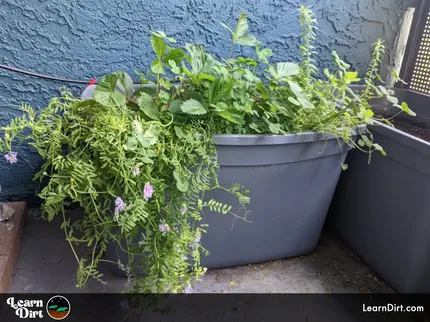
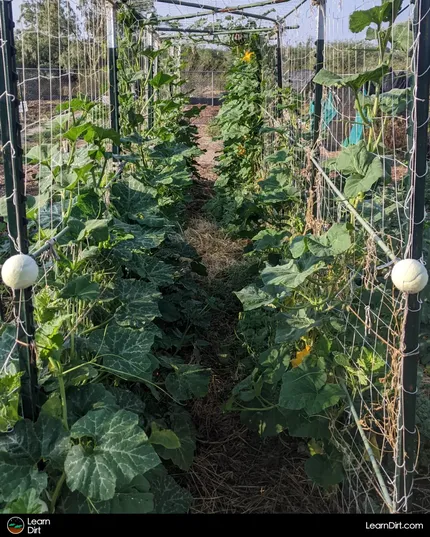
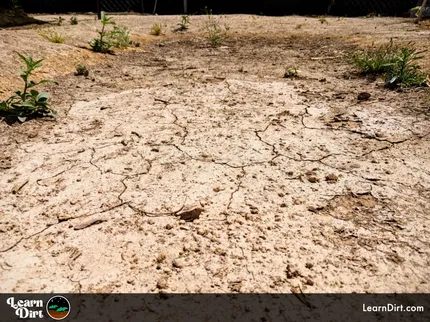
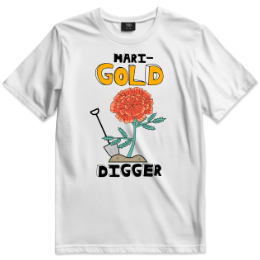

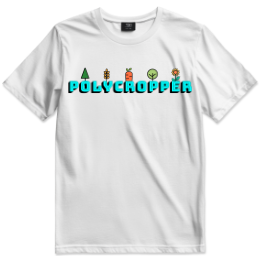
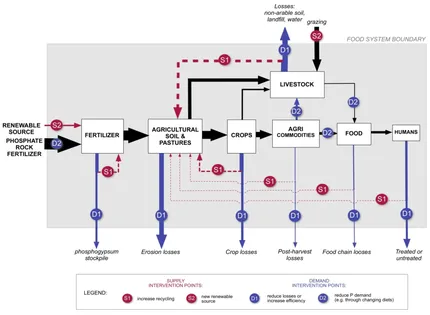
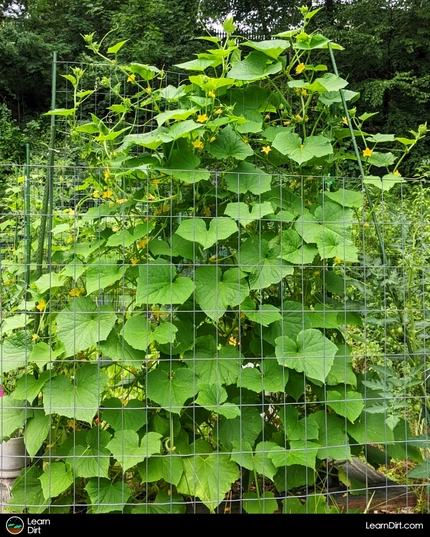
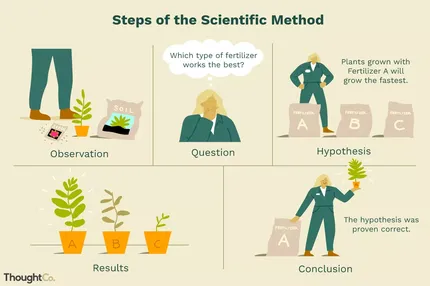
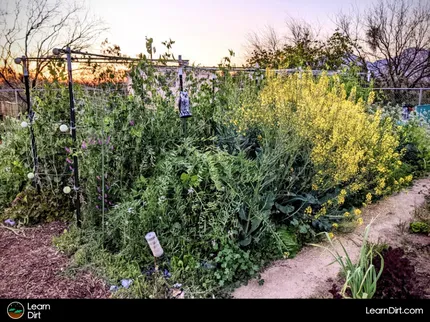
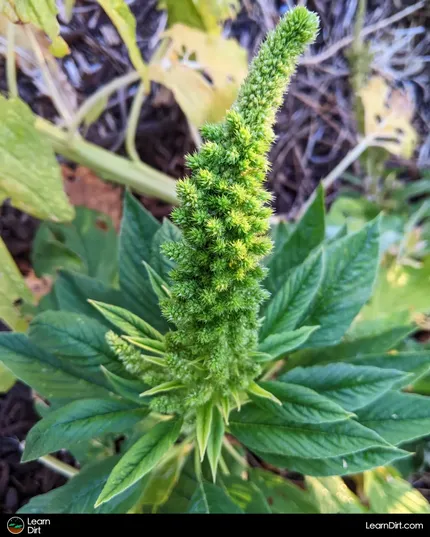
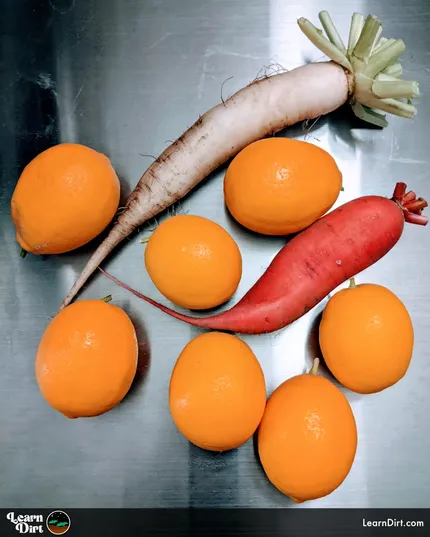
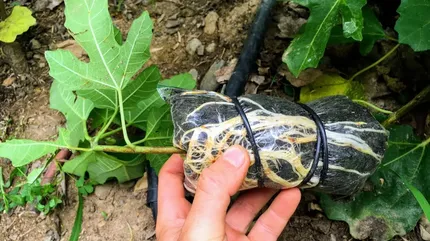
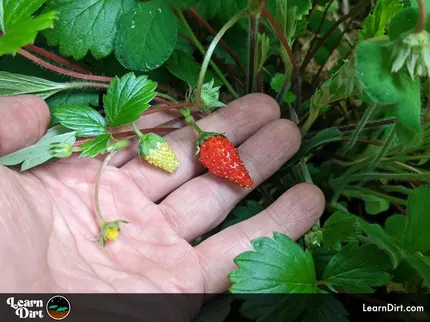
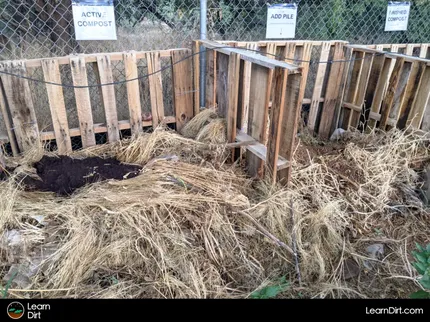
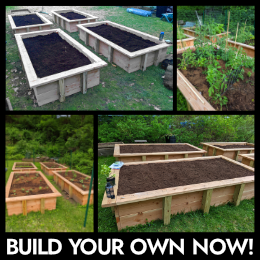

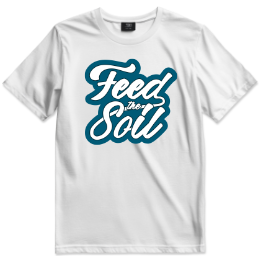
![Don't Till Away Your Carbon [Taffy] Sticker](/media/product_images/dont-till-away-your-carbon-[taffy]_sticker_260x260.png)
